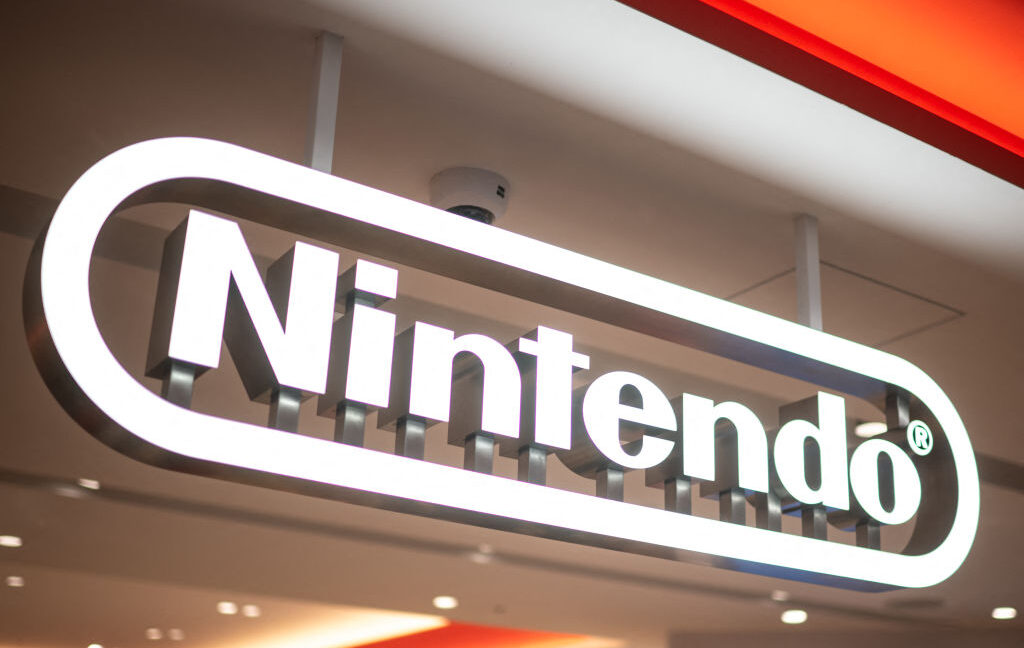YouTuber won DMCA fight with fake Nintendo lawyer by detecting spoofed email
Defending his livelihood, Neumayer started asking questions. At first, that led to his videos being reinstated. But that victory was short-lived, as the supposed Nintendo lawyer only escalated his demands, spooking the YouTuber into voluntarily removing some videos, The Verge reported, while continuing to investigate the potential troll.
Reaching out directly to Nintendo helped, but questions remain
The Verge has all the receipts, sharing emails from the fake lawyer and detailing Neumayer’s fight blow-for-blow. Neumayer ultimately found that there was a patent lawyer with a similar name working for Nintendo in Japan, although he could not tell if that was the person sending the demands and Nintendo would not confirm to The Verge if Tatsumi Masaaki exists.
Only after contacting Nintendo directly did Neumayer finally get some information he could work with to challenge the takedowns. Reportedly, Nintendo replied, telling Neumayer that the fake lawyer’s proton email address “is not a legitimate Nintendo email address and the details contained within the communication do not align with Nintendo of America Inc.’s enforcement practices.”
Nintendo promised to investigate further, as Neumayer continued to receive demands from the fake lawyer. It took about a week after Nintendo’s response for “Tatsumi” to start to stand down, writing in a stunted email to Neumayer, “I hereby retract all of my preceding claims.” But even then, the troll went down fighting, The Verge reported.
The final messages from “Tatsumi” claimed that he’d only been suspended from filing claims and threatened that other Nintendo lawyers would be re-filing them. He then sent what The Verge described as “in some ways the most legit-looking email yet,” using a publicly available web tool to spoof an official Nintendo email address while continuing to menace Neumayer.
It was that spoofed email that finally ended the façade, though, The Verge reported. Neumayer detected the spoof by checking the headers and IDing the tool used.
Although this case of copyright trolling is seemingly over, Neumayer—along with a couple other gamers trolled by “Tatsumi”—remain frustrated with YouTube, The Verge reported. After his fight with the fake Nintendo lawyer, Neumayer wants the streaming platform to update its policies and make it easier for YouTubers to defend against copyright abuse.
Back in May, when Ars reported on a YouTuber dismayed by a DMCA takedown over a washing machine chime heard on his video, a YouTube researcher and director of policy and advocacy for the Electronic Frontier Foundation, Katharine Trendacosta told Ars that YouTube’s current process discourages YouTubers from disputing copyright strikes.
“Every idiot can strike every YouTuber and there is nearly no problem to do so. It’s insane,” Neumayer said. “It has to change NOW.”
YouTuber won DMCA fight with fake Nintendo lawyer by detecting spoofed email Read More »


